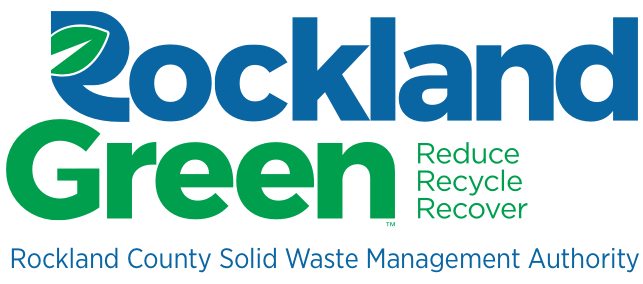Food Waste Composting
Rethink Food Waste!
On September 16, 2015, the U.S. Department of Agriculture (USDA) and the U.S. Environmental Protection Agency (U.S. EPA) posed a challenge to our country when they announced the 2030 Food Loss and Waste Reduction Goal — cut wasted food in half in 15 years. Over the past 365 days, we have seen momentous acceptance of and response to this challenge, including corporate commitments to zero waste; a national education campaign targeting wasted food; proposed federal policy focused on food recovery; and the release of a new standard to consistently and credibly measure food loss and waste.
There is no denying that more work needs to be done to meet this ambitious goal. We need to see widespread adoption of technologies and systems to encourage food waste prevention, commonsense policy changes to support food donation and more investment toward food recovery and recycling infrastructure. These changes will bring the 2030 goal closer in reach.
Unlocking Value Through Food Waste Reduction
Today, The Unites States spends $218 billion a year growing, processing, transporting and disposing of food that is never eaten.
ReFED was formed to build a different future, where food waste prevention is recognized as an untapped strategy that can save resources, create jobs, alleviate hunger, conserve water and reduce greenhouse gas emissions — all while stimulating a new multi-billion dollar market opportunity.
